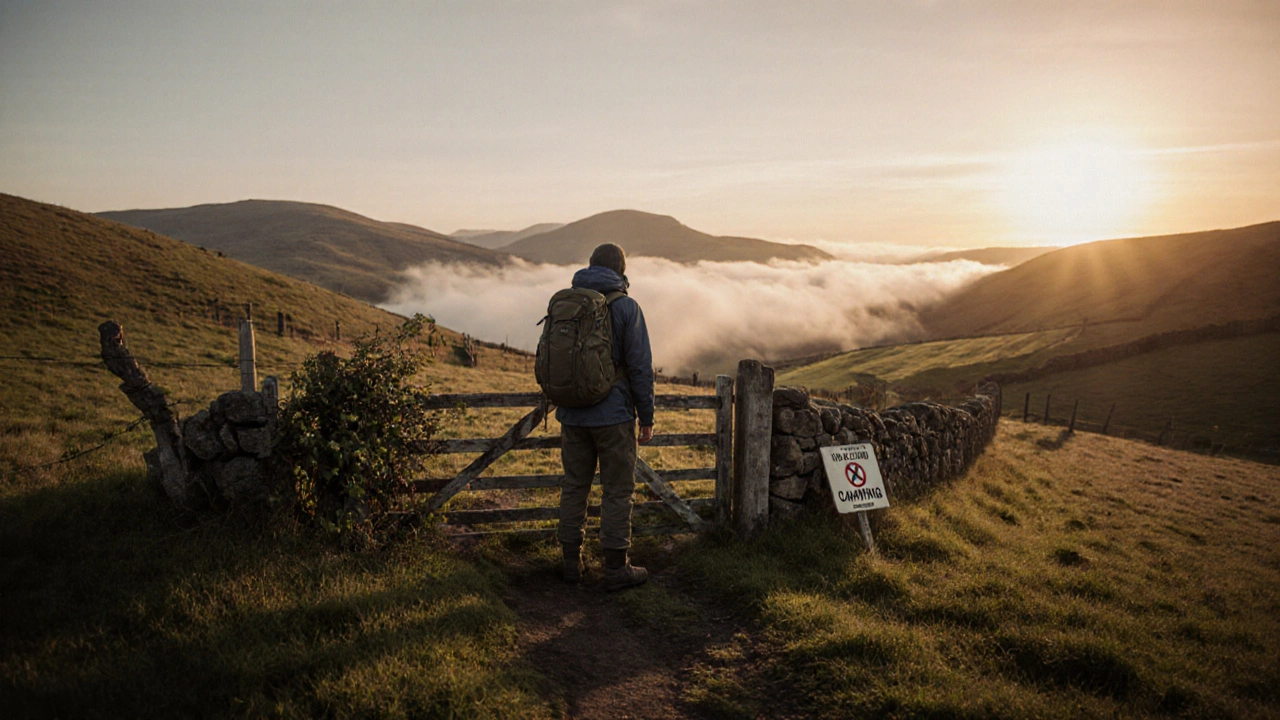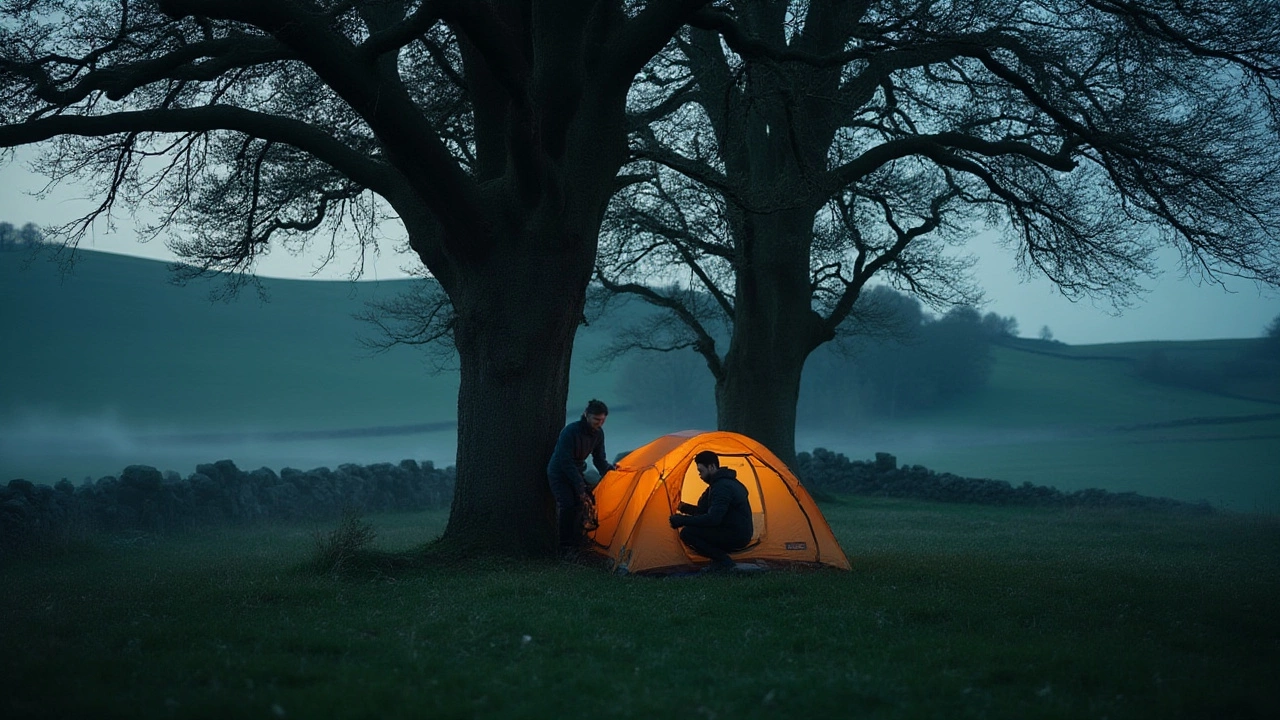Wild Camping Law: The Basics Every UK Camper Needs to Know
Thinking about pulling over in a field and sleeping under the stars? Before you set up your tent, you need to know what the law says. In the UK, rules differ a lot between Scotland, England, Wales and Northern Ireland, so a one‑size‑fits‑all answer doesn’t exist. Below you’ll find the essential facts and a few easy tricks to stay on the right side of the law.
Where Wild Camping Is Actually Allowed
Scotland is the easiest place for wild campers. The Land Reform (Scotland) Act 2003 gives everyone the “right to responsible access” to most land, as long as you respect the environment and private property. That means you can pitch a tent on most uncultivated land, but you can’t block farm gates, damage crops, or leave rubbish.
In England, Wales and Northern Ireland the picture is stricter. Most land is private, and you need the landowner’s permission to camp. Some national parks and forest sites offer “designated wild camping spots,” but those are limited. The safest bet is to look for public rights of way, commons, or specific sites that allow “dispersed camping.” Apps and local authority maps often highlight these spots.
How to Stay Within the Law When You’re On the Road
Even if you’re in Scotland, you still have to follow a few simple rules. Arrive late, leave early, and set up a small, low‑impact campsite. Use a lightweight tent, avoid building fires (or use a portable stove), and pack all your trash out. If you’re near a farm, keep a respectful distance and don’t camp directly in front of the farmhouse.
In England and Wales, the best strategy is to ask first. A quick knock on the nearest farm door, a polite phone call, or a note left for the landowner can give you a green light. Many landowners are happy to let you camp for a night if you’re tidy and don’t interfere with their work.
For motorhome owners, “boondocking” follows the same rules. You can park on a public lay‑by for a few hours, but overnight stays usually need permission. Some supermarkets, service stations and Walmarts allow overnight parking, but you must follow signage and respect any time limits.
One practical tip: always carry a copy of the relevant local bylaws or a screenshot of the area’s permissions on your phone. If a ranger stops you, showing that you’ve done your homework can defuse the situation.
Lastly, remember that the law isn’t just about avoiding fines—it’s about preserving the places you love. Stick to established paths, avoid trampling delicate vegetation, and never leave food out where it can attract wildlife.
With these basics in mind, you can enjoy wild camping across the UK without breaking the rules. Respect the land, respect the owners, and the open road will always welcome you back.
-
 VIEW POST
VIEW POSTWhy Camping Is Illegal in England - Legal Facts, Exceptions & How to Stay Safe
Oct, 24 2025|0 CommentsExplore why most camping is illegal in England, learn the legal framework, discover where you can camp legally, and get practical tips to avoid fines. -
 VIEW POST
VIEW POSTIs Stealth Camping Legal in the UK? Laws, Risks, and Insider Tips
Jul, 13 2025|0 CommentsGet the real deal on stealth camping in the UK: UK law, risks, what happens if you get caught, and how to stealth camp smarter. No fluff—just facts and honest tips.